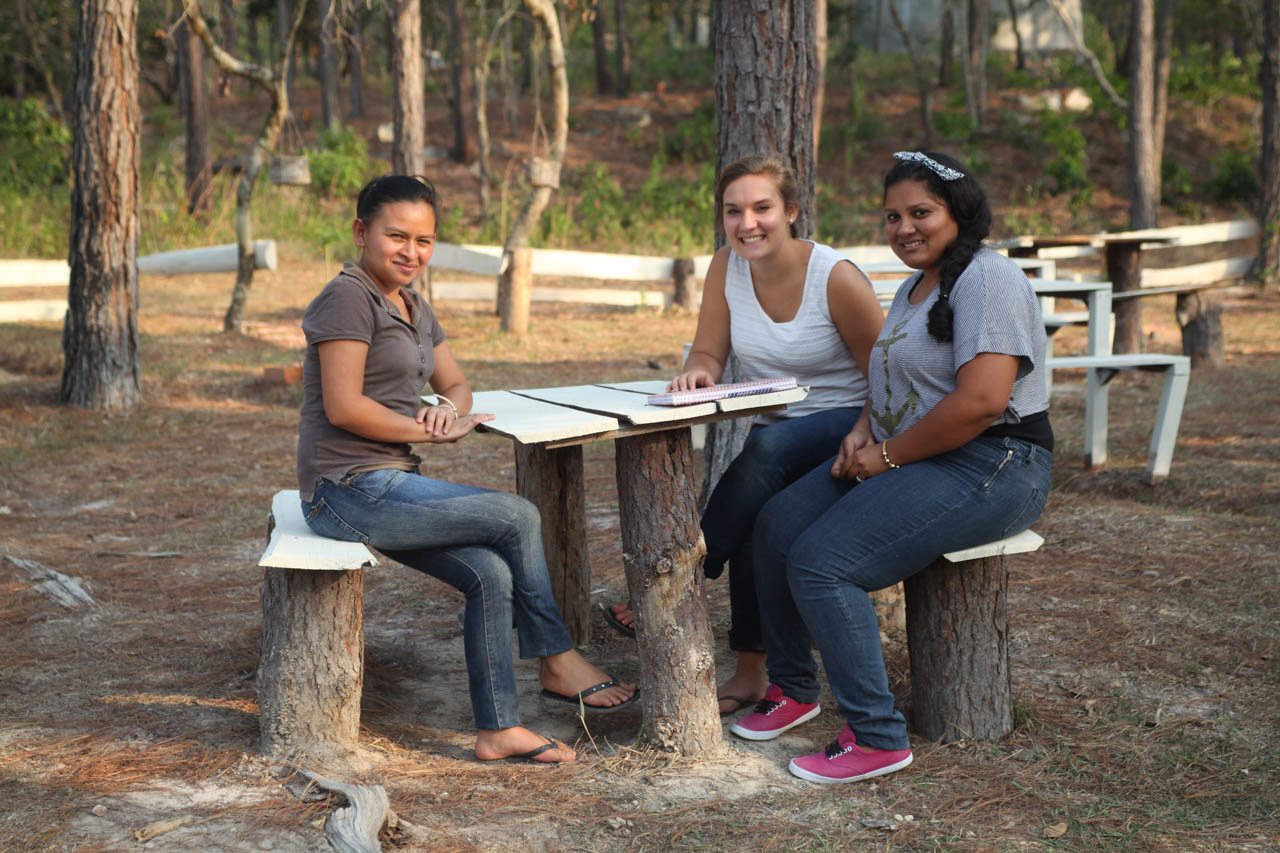RALEIGH, NC, USA – My last six years in the newspaper business were turbulent ones for North Carolina. People were flooding across the southern U.S. border in 2006 and heading straight here where their family members had come before them to escape violence and poverty in Central America.
The new strangers alarmed the people’s representatives and, too often, they acted out of fear. Many of my mornings began in editorial board meetings with noisy discussions of what the newspaper’s response should be. Nobody had an answer.
At the end of that year, I decided to retire and, for a time, we lived in the Washington, D.C., area and there I met the founder of The Leadership Center after church. As fervently as he believes in God, Rev. Glen Evans believes in education. Here was somebody who was doing something to address immigration from the south.
Glen said he had asked the president of Honduras what could be done about his country’s poverty that the Peace Corps hadn’t already spent billions of dollars and 40 years trying. The president’s answer? Educate young women who can’t afford education beyond high school.
The Leadership Center opened in 2011 with a class of 12 young women Glen had recruited with a promise to help them learn what it takes to make capitalism work in their own lives. Now there are 78 TLC graduates around Honduras who operate businesses, pursue more education and teach the business skills they’ve learned in English, the international language of commerce.
As promising as that development is, The Wall Street Journal’s Latin America columnist Mary Anastasia O’Grady reports (3-23-2021) capitalism is starting to catch on for our southern neighbors — now that allowing all supply chains to run through China has proved problematic.
A group of business people in Honduras, U.S., Guatemala and El Salvador (HUGE) is working to attract capital investment in roads, ports and airports as well as U.S. natural gas. And this is happening against the background of interest in a rail connection between the U.S., Mexico and Central American countries.
A TLC graduate told me recently that she is building her business providing mailing packages for Honduran products sold online. Soon to join the board of her Rotaract Club in San Pedro Sula, Yudy Canelas says, “We’re very competitive because we’re bilingual.”
As Leadership Mission International opens ever more opportunity for women like Yudy, they lose interest in pursuing opportunity far from their families. As the Journal headline writer observed, “If you build it, they will stay.”
